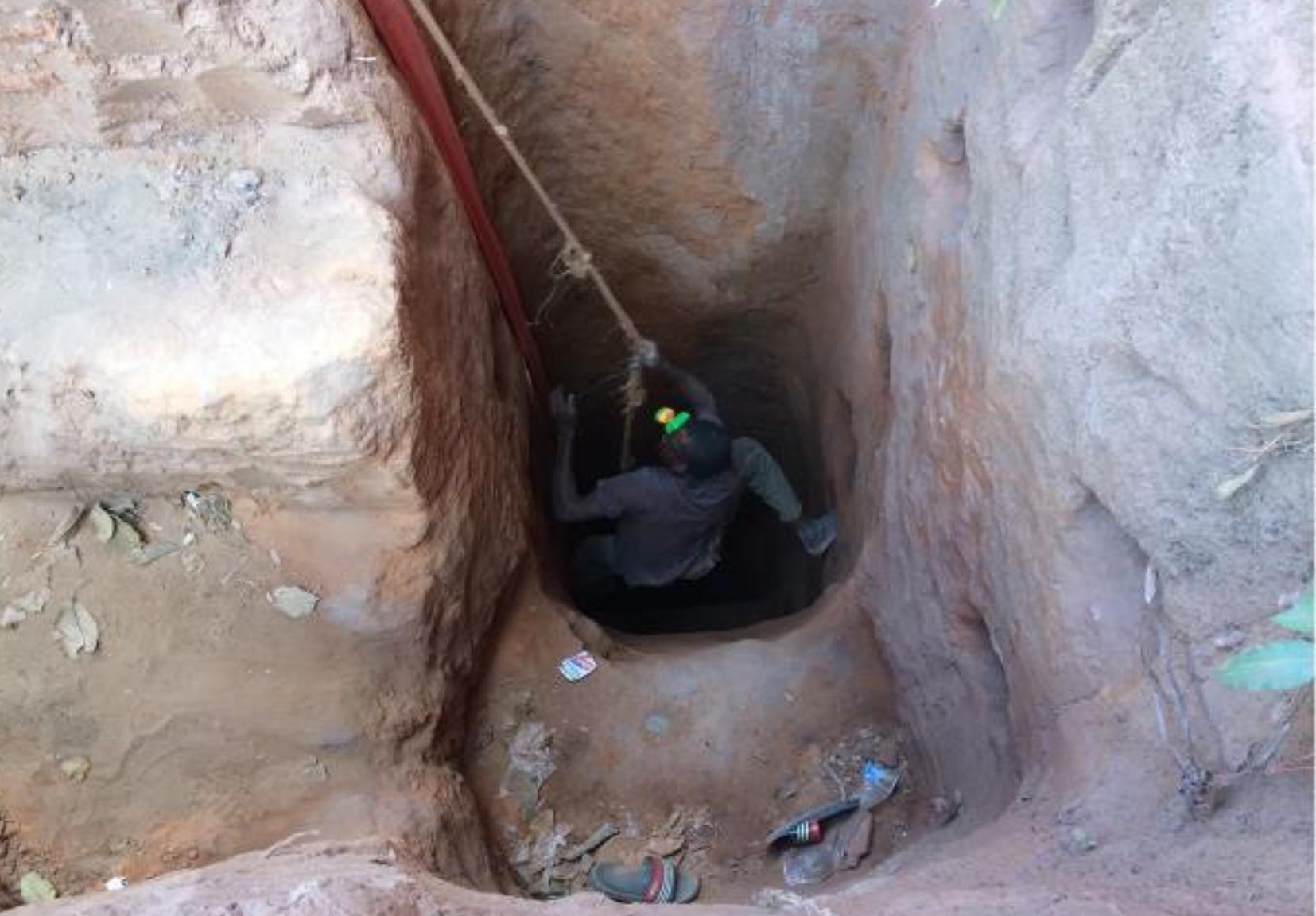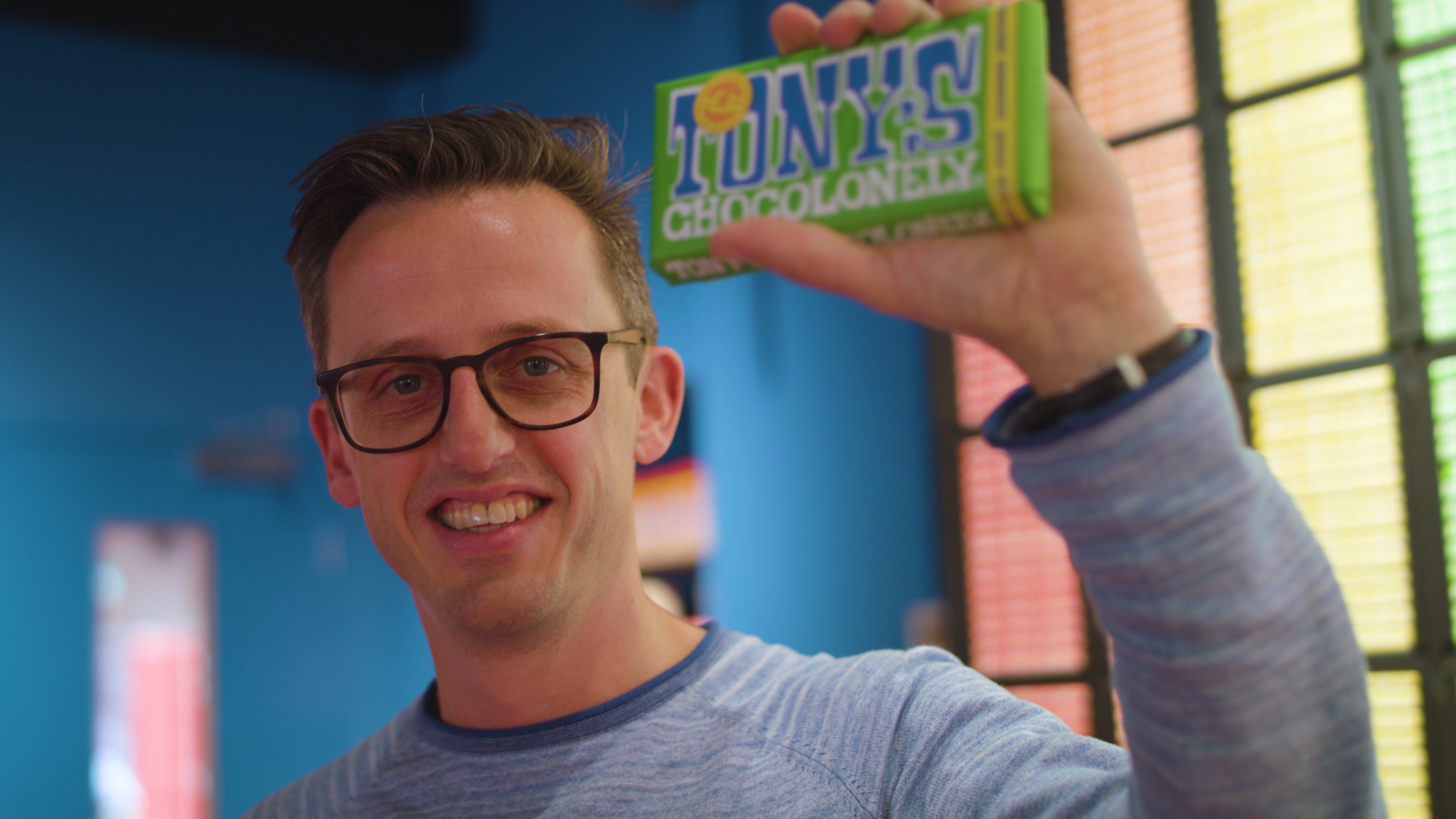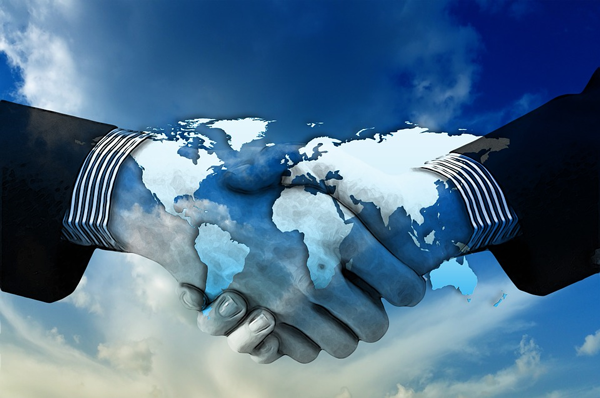Modern slavery is a deeply concerning issue that directly contradicts the principles and objectives of the United Nations' Sustainable Development Goals (SDGs). It encompasses a range of exploitative practices including forced labour, debt bondage, forced marriage, and human trafficking. These practices undermine human rights, perpetuate inequality, and hinder social and economic development.
SDG 8, in particular, which promotes sustained, inclusive, and sustainable economic growth, full and productive employment and decent work for all, is intrinsically linked to the issue of modern slavery. The target 8.7 specifically calls for immediate and effective measures to eradicate forced labour, end modern slavery and human trafficking, and secure the prohibition and elimination of the worst forms of child labour.
Also, SDG 5, which advocates for gender equality, plays a crucial role in combating modern slavery. Women and girls are disproportionately affected by forced labour, accounting for 99% of victims in the commercial sex industry and 58% in other sectors, according to the International Labour Organization. Addressing gender inequality and empowering women and girls can help reduce their vulnerability to exploitation.
The issue of modern slavery also connects with SDG 16, which promotes peace, justice, and strong institutions. Strengthening institutions, improving access to justice, and creating effective, accountable and transparent institutions at all levels are fundamental to ending modern slavery. This includes creating legal frameworks that criminalize all forms of exploitation and strengthening law enforcement responses to these crimes.
Combating modern slavery is not only a matter of human rights but also crucial to achieving sustainable development. The fight against modern slavery requires concerted effort at all levels – from governments and international organizations, through to businesses and civil society. It involves promoting decent work, advocating gender equality, strengthening institutions, and ensuring that no one is left behind – a commitment at the heart of the SDGs.
International Day of Remembrance of the Victims of Slavery and the Transatlantic Slave Trade 2026
Honoring Memories, Fostering Resilience
The annals of history bear witness to the atrocities and enduring impacts of slavery and the transatlantic slave trade. The International Day of Remembrance of the Victims of Slavery and the Transatlantic Slave Trade serves as a poignant reminder of this dark chapter in human history and its lasting effects on societies worldwide.
The Significance of the Day
Partner content
United Nations University, September 2019.
Partner content
United Nations University, New York, March 2019.
Partner content
United Nations University, February 2019.
Partner content
United Nations University, September 2018.





